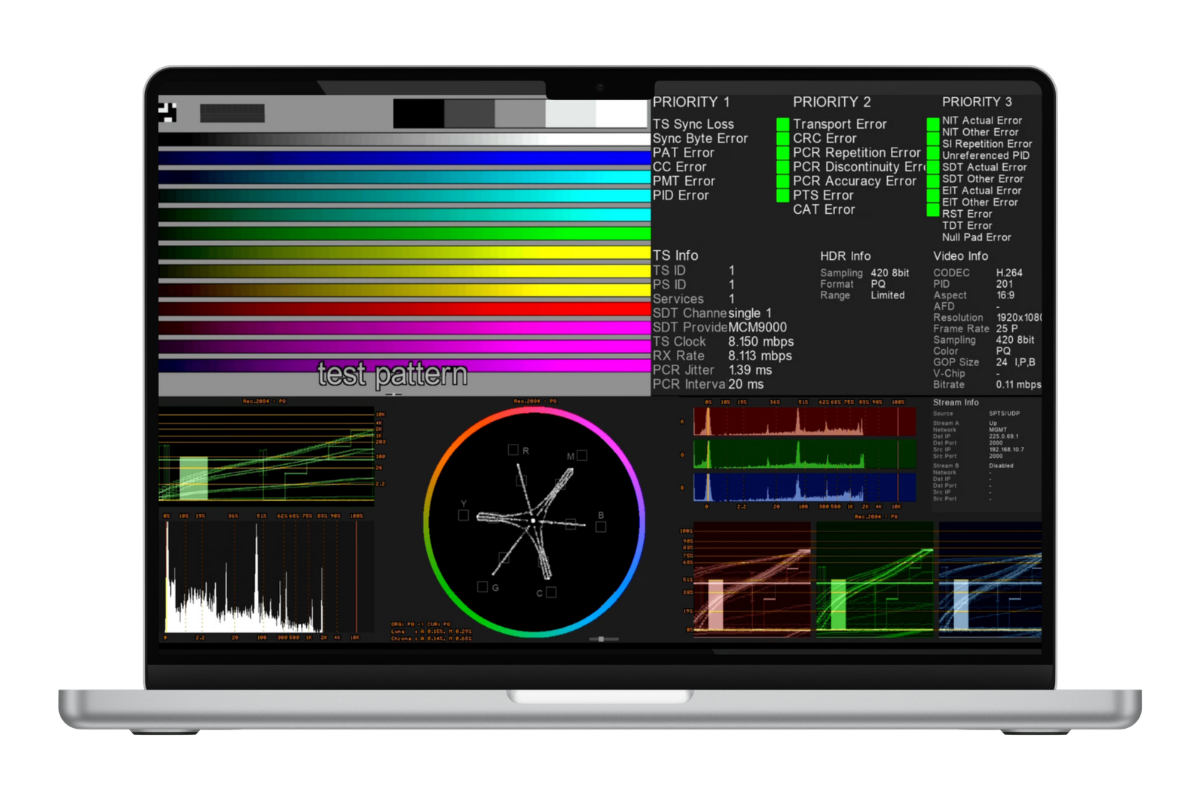CBS VP: Shutoff Date a ‘Done Deal’
The professional video industry's #1 source for news, trends and product and tech information. Sign up below.
You are now subscribed
Your newsletter sign-up was successful
A senior executive with CBS is telling broadcasters that although he expects the FCC-mandated analog TV broadcasting shutdown to happen on schedule, unseen tripwires are scattered all over the landscape for the unwary and unprepared.
During a speech at a packed New York City SMPTE meeting this week, Bob Ross, CBS senior vice president of East Coast operations, illustrated his presentation with a computer-generated digital clock that ticked off the days, hours, minutes and seconds to midnight, Feb. 17, 2009, when broadcasters at full-power TV stations are mandated to end analog transmissions. Ross suggested that engineers might want to consider setting a similar countdown display to give management something to think about.
“A lot of staff are completely off the radar screen at most stations,” he said, alluding to the belief by some that the shutoff deadline isn’t set in concrete and could be delayed by the government.
“Will it happen? The answer is absolutely yes,” Ross said. “There’s just not a whole lot of wiggle room here.”
At this point in the transition, it would be impossible to legislatively alter the cutover date, Ross said.
“It’s a done deal!”
With the steamroller-like certainty of the 2009 move to digital, Ross is equally certain there will be problems to beset the unwary broadcaster—especially those who have not done much planning or preparation.
“There’s no way to deliver the rest of the hardware and get the tower work done between now and the end of the year and meet [the requirement] of having a full-power signal on the night on the night of Feb. 17th,” Ross said. “There’ll be a lot of people on at partial power.”
Program logging could be another issue too. Ross said that many operations use eight-hour VHS recorders with mono audio for off-air logging. This will no longer work with the advent of full-time multiple-channel (5.1) audio delivery.
Ross warned that DTV audio will be problematic for broadcasters, with the increasing use of multiple channels in agency-delivered commercials, along with the wide variation in sound levels in those spots.
“Be prepared to re-author metadata,” he said.
The professional video industry's #1 source for news, trends and product and tech information. Sign up below.
